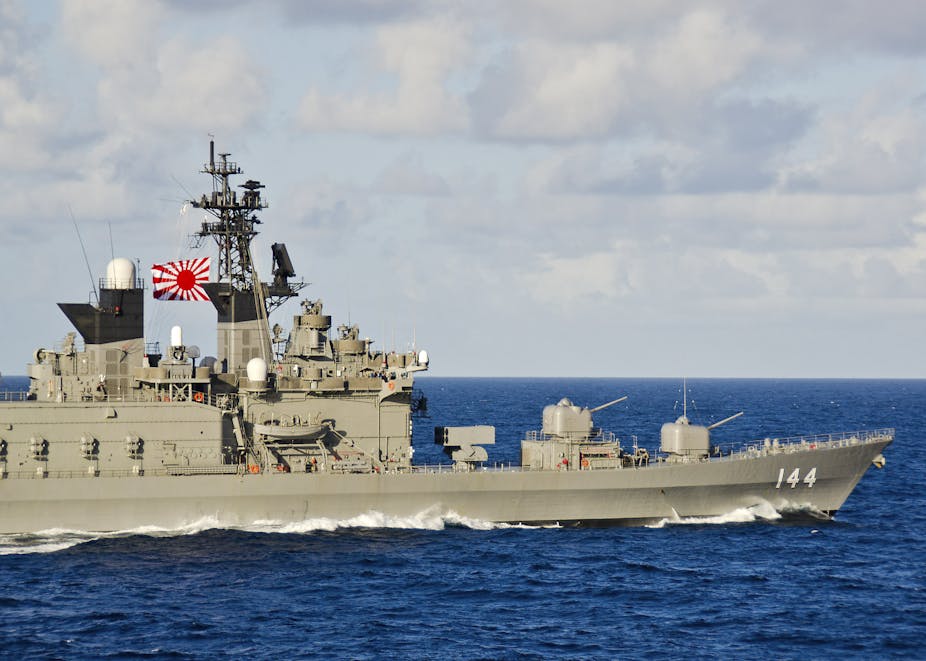US Vice President Joe Biden’s trip to Asia next week could not come at a more timely moment. It is the first high level visit since President Obama cancelled his trip during the government shutdown in October and comes amidst renewed tensions in the region.
Countries on Joe Biden’s list include Japan, South Korea and China – all currently involved in a spat following China’s abrupt announcement last week of an Air Defence Identification Zone in the East China Sea.
The air defence zone covers territory also claimed by Japan, South Korea and Taiwan. China has said all planes transiting the zone must file flight plans and identify themselves, or face “defensive emergency measures”.
As noted elsewhere, the establishment of such a zone is not exceptional, nor is it in contradiction with international law. Many nations have done so in the past, including all the other regional stakeholders in the case of the East China Sea. But, the devil is always in the details. In this case, the details lie in the rules governing China’s zone and its overlap with Japan’s. Plus, Beijing has established its zone over the contested Senkaku islands, which fall between the two.
The stakes here are not negligible. Japan and China have both been rattling sabres over who has sovereignty of the islands and China has been trying hard to challenge the US-Japan defence alliance. This year they have made frequent incursions into Japan’s waters and air space, and patrolled their borders.
None of this has succeeded in driving a wedge between Washington and Tokyo. Quite the opposite. U.S. officials have moved from somewhat ambiguous statements about their mutual defense treaty with Japan to explicit recognition that the Senkaku Islands are covered by Article V of the treaty. This implies that any Chinese attempt to seize the islands will result in US intervention.
Perhaps China felt encouraged by a similar affair in the South China Sea, the so-called Scarborough Shoal. A standoff with the Philippines in mid-2011 resulted in China’s effective control of the area. But the Senkakus are not just uninhabited rocks with no significance. The area is an important source of fish stocks for all surrounding states and it is likely to contain significant deposits of oil and natural gas.
More important than natural resources – the South China Sea has those too – is territorial integrity. The Philippines made a stand against China despite having no navy and air force to speak of because it felt its territorial integrity is under the threat. Joe Biden should take note.
China is playing a multidimensional game. Asserting territorial claims and challenging America’s alliance structure in the region forms an important part of it. Beijing is also testing reactions so it can adjust future steps and planned actions elsewhere.
Making predictions in the realm of international politics is a tricky business, especially when the situation is still developing as it is now. Yet, it is more likely that Beijing will go for soft enforcement as opposed to strict enforcement of the announced rules. That is not a reason to rejoice though. Already Japan has begun considering how to deal with increasing incursions of Chinese air patrols, including drones. And shooting them down is one of the options that Tokyo has mooted. The establishment of China’s air defence identification zone does not make this dilemma any less urgent.

